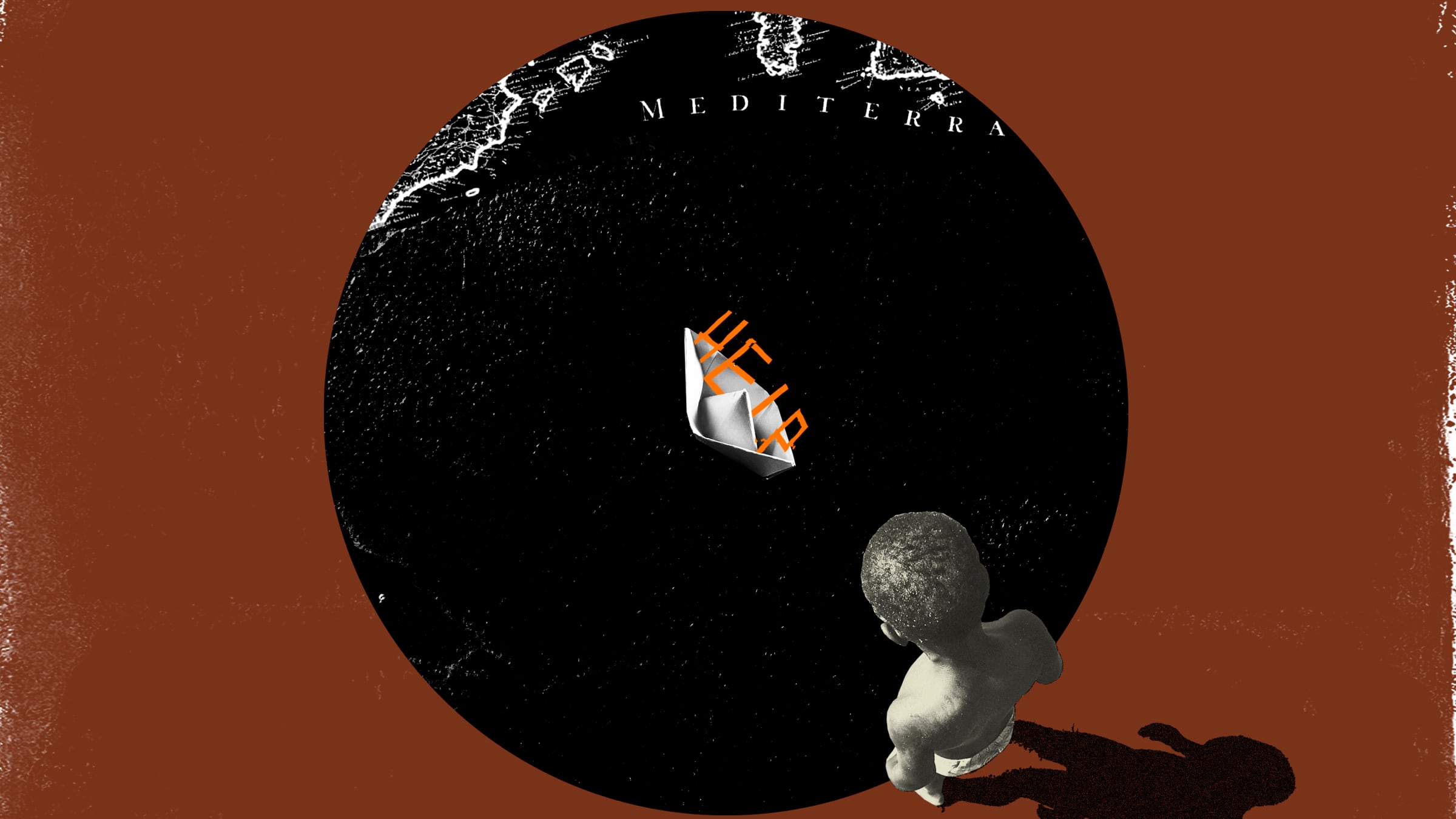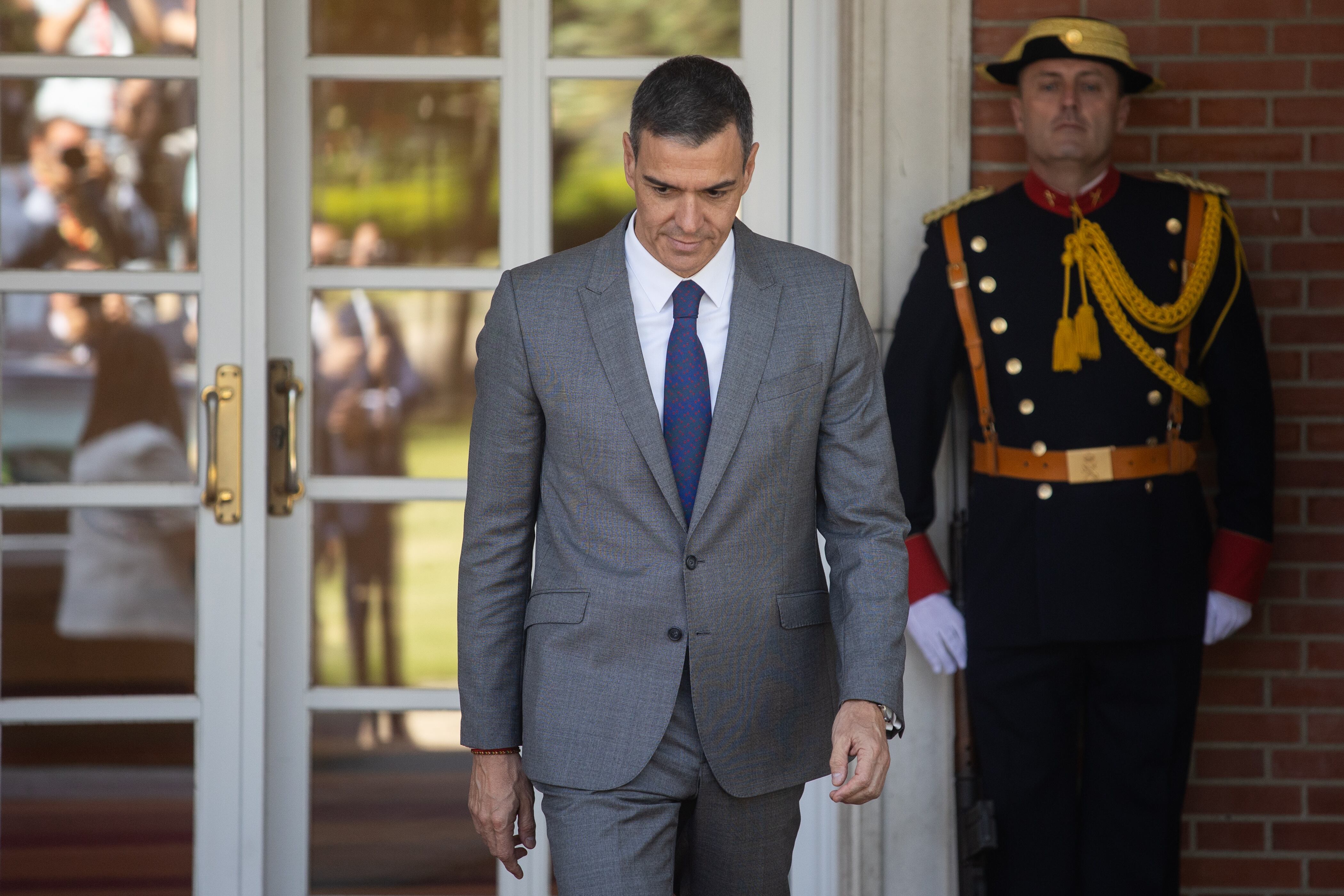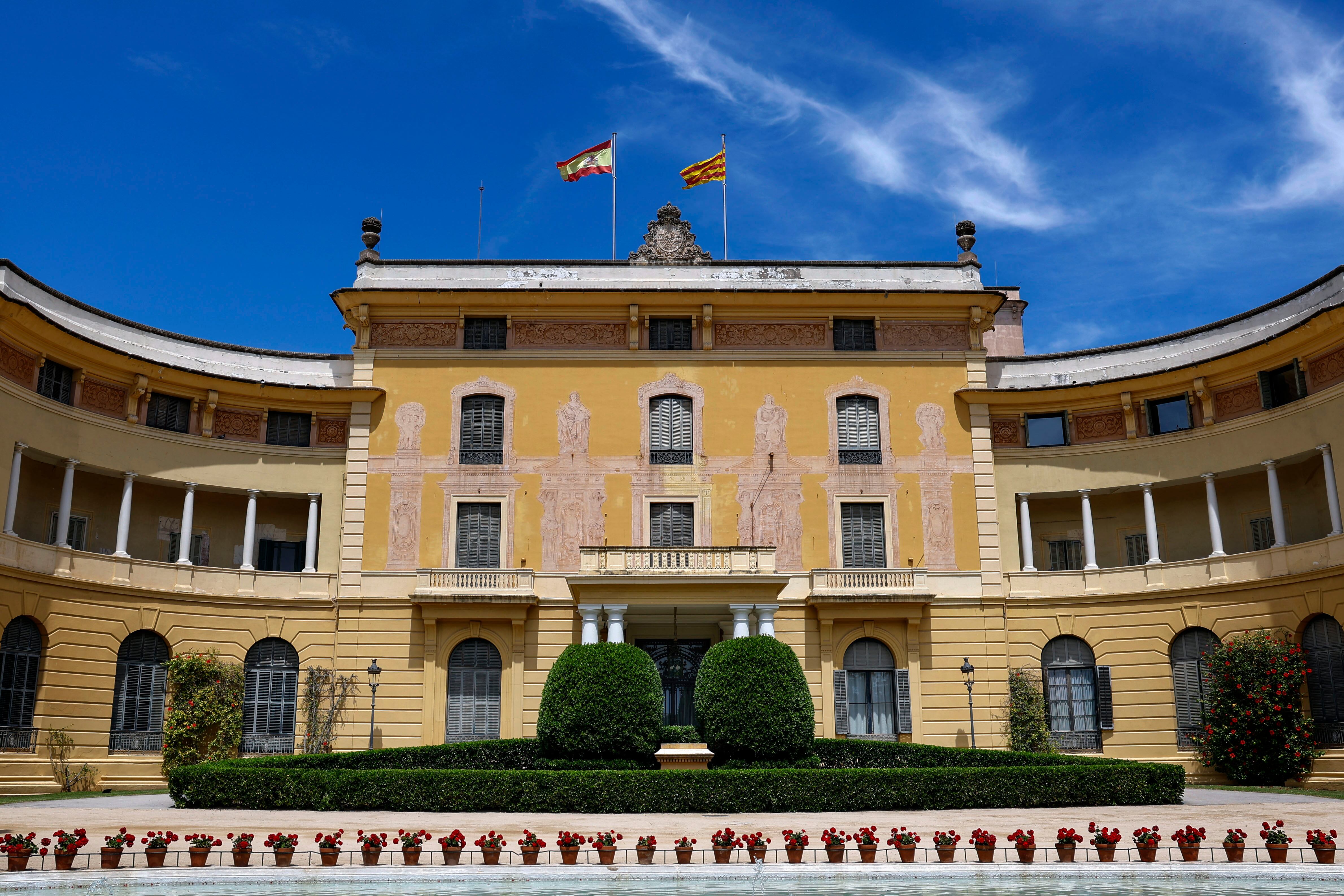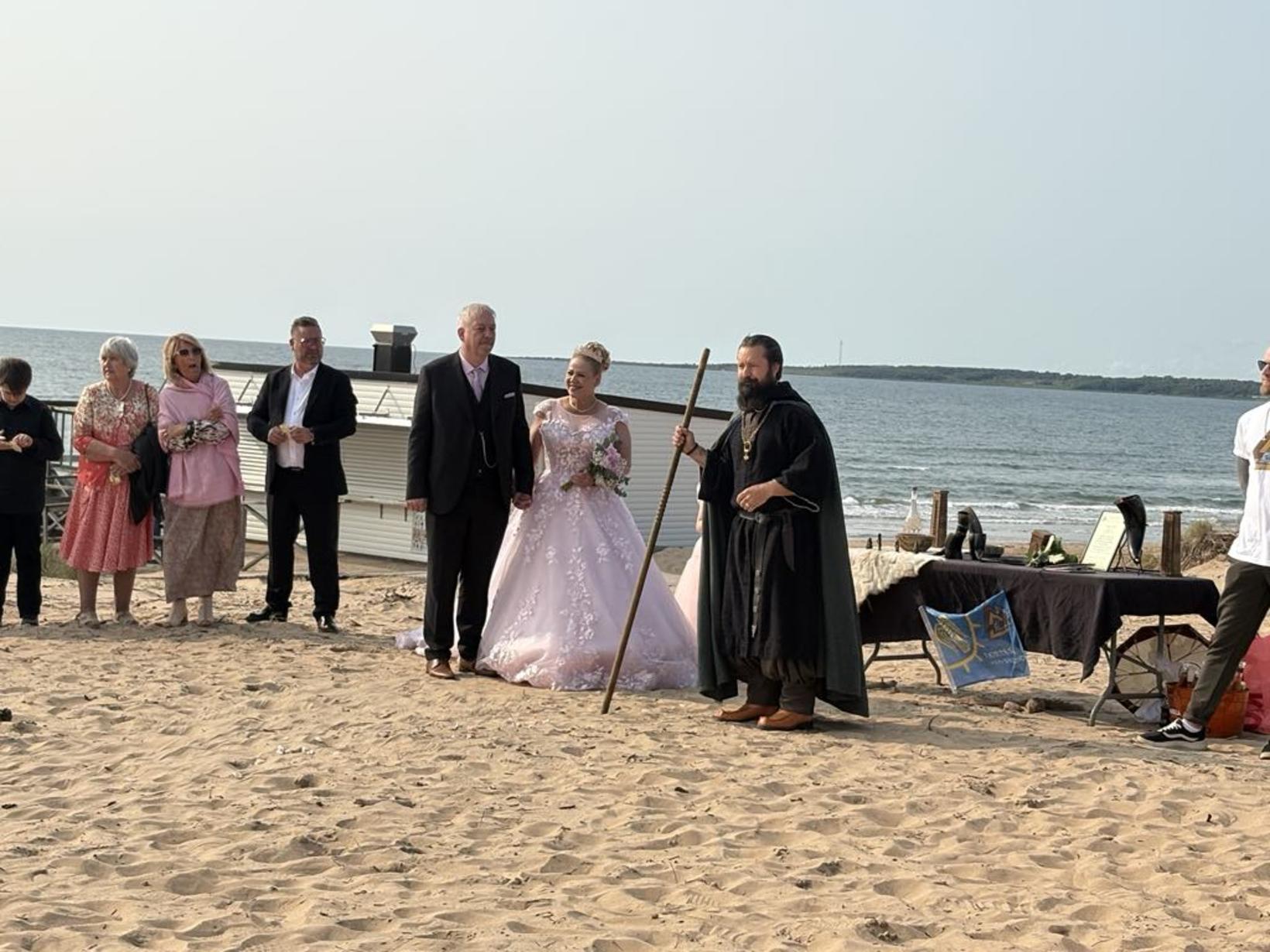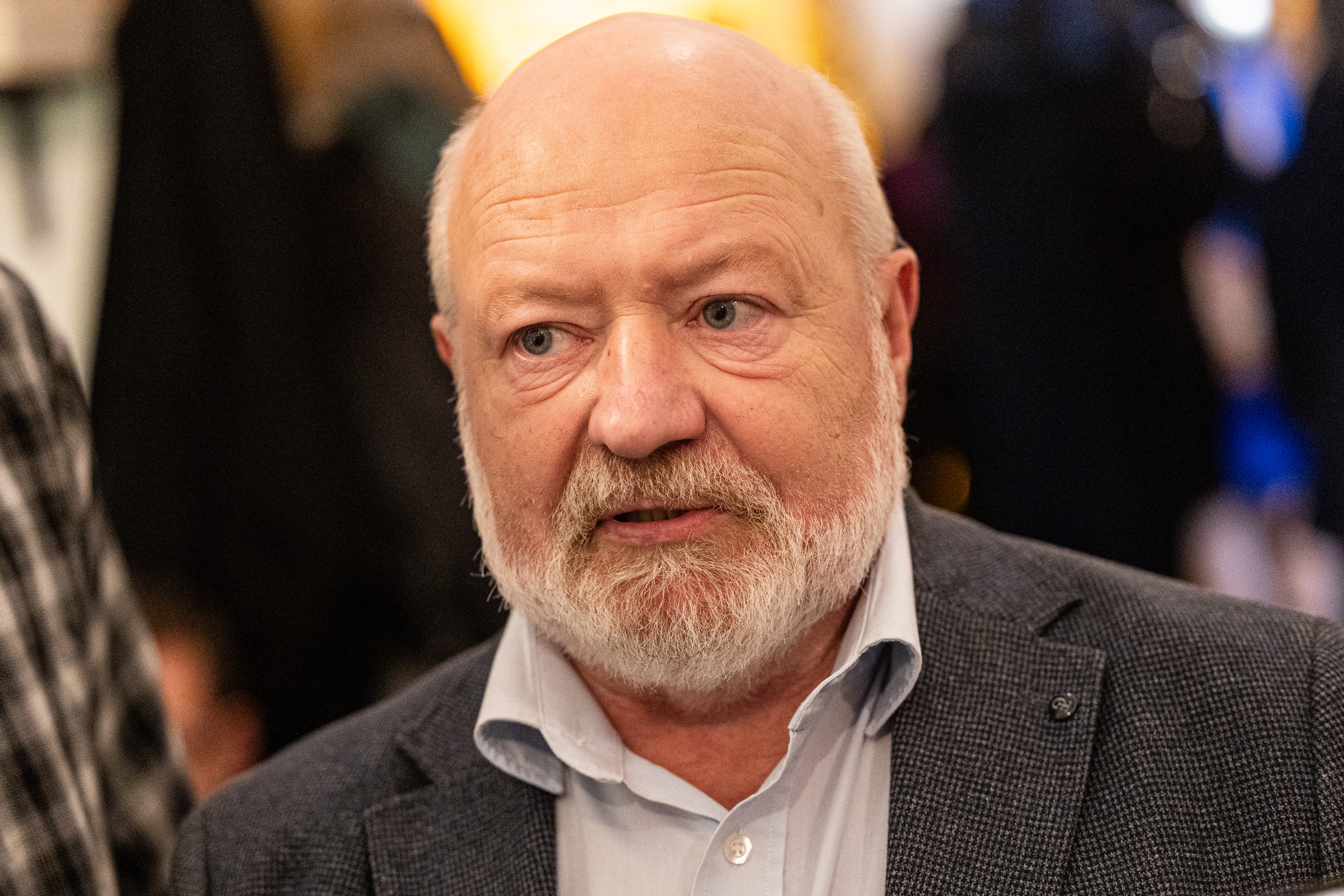The value of the hooded civil guards who played the tricorn | Spain
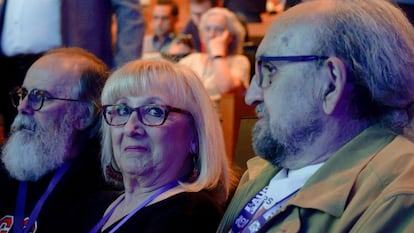
Hooded civil guards to claim their rights as workers, a clandestine union who communicates with encrypted messages or resorts to wives and family to denounce what they cannot be submitted to the military regime. The Unified Civil Guard Association (AUGC) has published a book in which you remember The history of those who began to fight for rights of the agents from within the barracks with a premise that remains in force: the rights are not granted, they are conquered. The book, entitled Civil guards, 30 years of fighting for their rightsintends to celebrate the three decades of life of the Association, created in 1994, with a tribute to the colleagues who sowed their germ and sacrificed their tricorn fighting for rights not yet achieved. « It is the testimony of a constant battle, often clandestine and always brave, for the dignity of the rights of those who integrate the Civil Guard, » explains Pedro Carmona, Secretary of Communication of AUGC and co -author of the book, together with the journalist Paula Cuesta.
The work travels until 1976, in the middle of the Spanish transition, when a group of agents challenged the system organizing the first mobilization to claim that the agents were entitled to Social Securityand that travels other key moments, such as the creation of the Unified Civil Guard union (SUGC) in 1986, after freedom of association was approved, but the armed forces and armed institutes were left out; or the subsequent persecution of the agents that were part of this union in the baptized then as an operation column. The function of the SUGC was totally clandestine. « The Provincial Committees received proper names from people to guarantee more security levels, » collects the book, edited by Almuzara. Remember the press conferences with hooded civil guards and with the tricorn on the balaclava, with a banner with the acronym of the union. « This image impacted because it had some similarity to that of the communiqués of the terrorist band ETA (…) in some way transmitted the situation of these civil guards in a satirical way. Hooded civil guards to claim rights as workers, » the text collects. In that environment of secrecy, the agents used the phones of their neighbors, public cabins or relatives or sent encrypted messages that could only be resolved with quadrants.
« The Civil Guard used great resources, even infiltrated the civil guards themselves to monitor the companions (…) the agents were passed through false journalists and encouraged the spokesmen to convene press conferences to proceed with their arrest, » recalls the book. The work is dedicated To José Morataone of the founding partners of AUGC, arrested in 1990 in Toledo while drinking coffee with a journalist in a cafeteria as an alleged author of military sedition and was finally expelled from the body. « Morata does not tremble or a single second by stating that he would do it again, knowing the harsh consequences, » the text collects.
Morata, who is 71 today, was among the agents considered as the « most dangerous for their total involvement, unrecoverable and special degree of preparation », together after Manuel Rosa and Alejandro Álvarez Borja, who also ended out the body in 1996. Elena Martínez, wife of the latter, was one of the voices that transmitted the concerns, hopes and claims of the agents. After her husband’s arrest, she created the so -called civil guards association. « I understood that it was a fair cause and I helped everything I could (…) I did not understand how a person could simply love improvements for the Civil Guard, he was another worker. » Álvarez Borja was released July 4, 1990after spending more than two weeks in the Military Prison of Cartagena.
« We wanted to publicize the conditions in which civilians have been working, who are not always so well known, » says Paula Cuesta, who was responsible for collecting their testimonies. « They are accompanied by stories of companionship, dignity and resistance, they are real stories. »
About 40 of the union members were arrested those years, although justice finally dismissed the causes against them. Of the disciplinary files that opened in the interior parallel, most were filed for formal defects. Four of them, including Morata’s, concluded with the expulsion of the body. In July 2024, the Congress redeemed José Morata Gargallo, Manuel Rosa Remember, José Piñero González and Manuel Linde Falero, the last deceased, approving its readmission in the body27 years later.
The law does not allow civil guards for the right of syndication – of which they are also private, judges or the military – but since 2007 they have recognized the right of association for professional purposes. Mariano Casado, legal advisor of AUGC and linked for 23 years with the association, speaks of the value it has had in the history of the association the “strategic litigation” to conquer rights, such as the meeting or demonstration, and which still has today to achieve, for example, salary comparison with other police forces. « In spite of everything achieved these years, sometimes there are dark clouds on the horizon, there are people who work to return to another scenario, in which the disciplinary regime is applied in another way, in which professional associations do not progress, » he values.
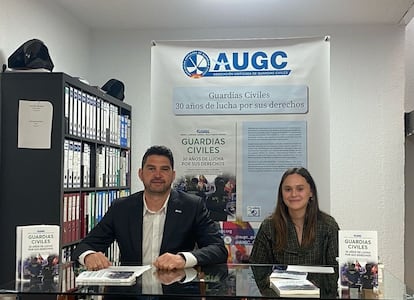
The dean of civil guards associations, and heiress of SUGC, today has 26,000 affiliates. Among the claims that are marked in the short term are to achieve equal professional and salary conditions with respect to regional police and the right of syndication. « We have been attributed to the civil guards that I think it harms us to acquire rights. The majority parties, PP and PSOE must understand that civil guards have to enter the 21st century and have the same rights as the rest of the citizens, » says Carmona.

